
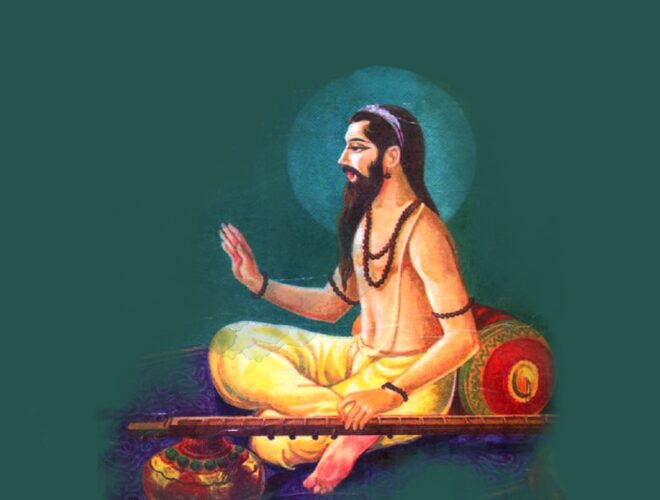
This event is over. See upcoming events
11:20 AM - 7:00 PM (UTC+5.5)
Online Symposium on Acharya Abhinavagupta
SPEAKERS
-
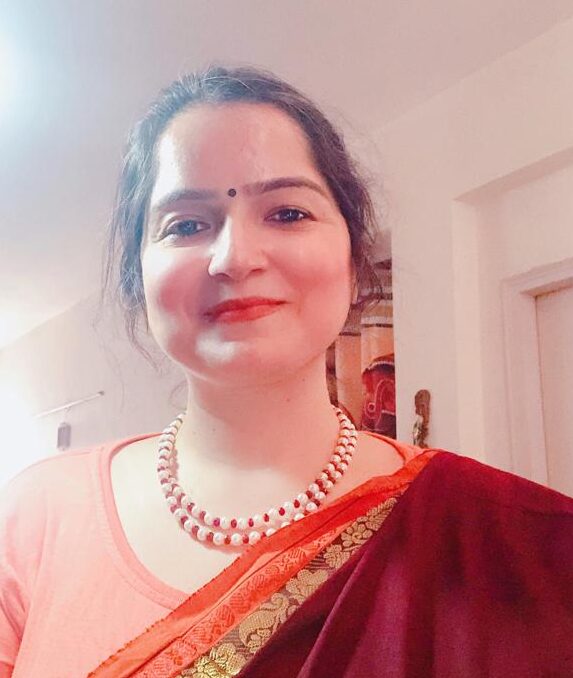
Dimple Kaul
Servant Leader, INDICA Courses
-
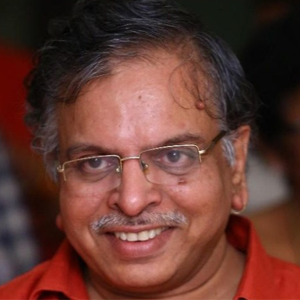
Dr. Nagaraj Paturi
Senior Director & Chief Curator, INDICA
-
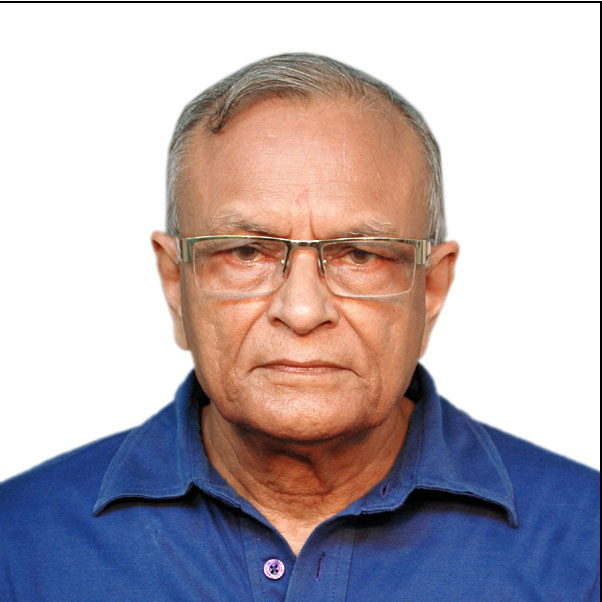
Prof. Navjivan Rastogi
Scholar, Author
-
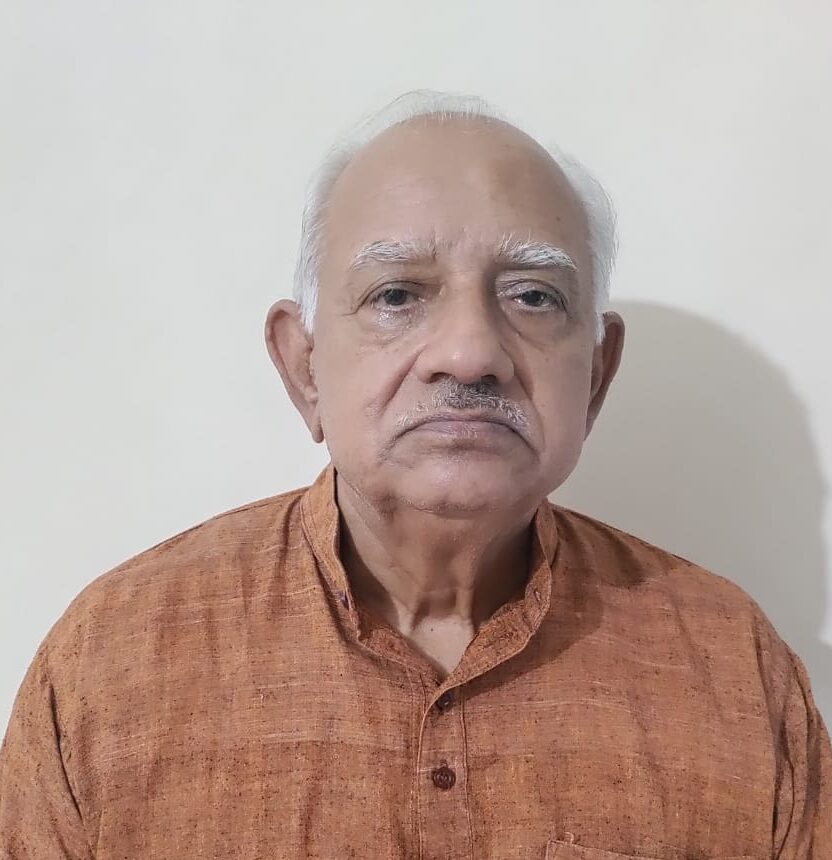
Professor (Dr.) Ramakant Angiras
former Professor of Kalidas Chair & Head, Department of Sanskrit, Punjab University, Chandigarh
-
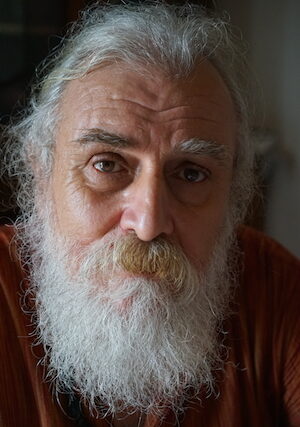
Dr. Mark Dyczkowski
Senior Shaiva Scholar
-
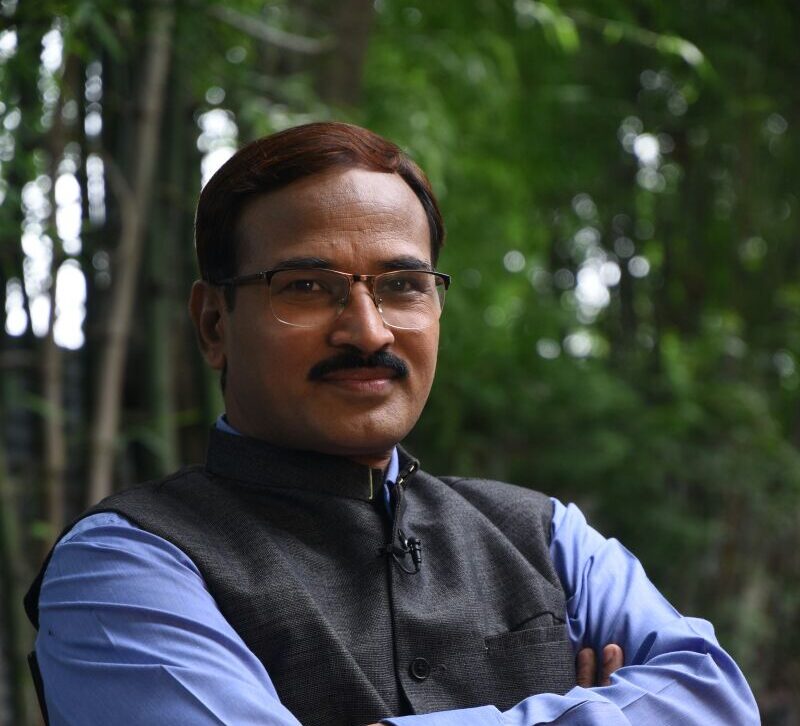
Prof. Penna Madhusudan
D. Litt. (Hon), Vice Chancellor, Professor and Dean, Dept of Indian Philosophy, Kavikulaguru Kalidas Sanskrit University, Ramtek, Maharashtra.
-
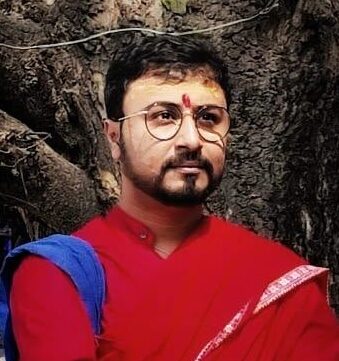
Shri Swastik Bannerjee
University Research Fellow, Department Of Philosophy University of Calcutta
-
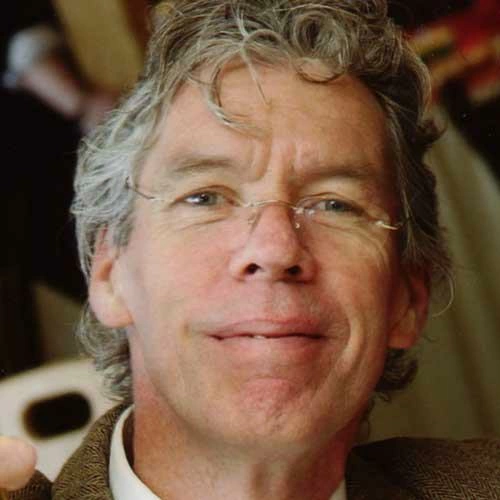
Shri George Barselaar
Scholar, Author
-
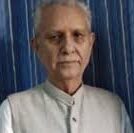
Dr. Chaman Lal Raina
Fellow, Center of Spirituality, Florida International University
-
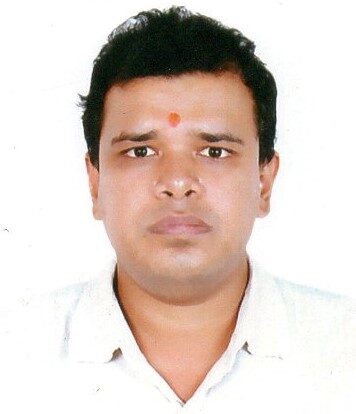
Shri Giriratna Mishra
Scholar, Author
-
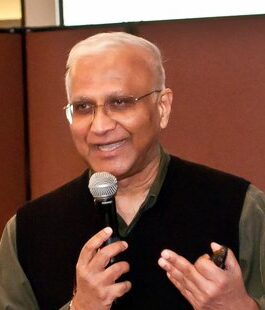
Dr. Sunthar Visuvalingam
Scholar, Author
-
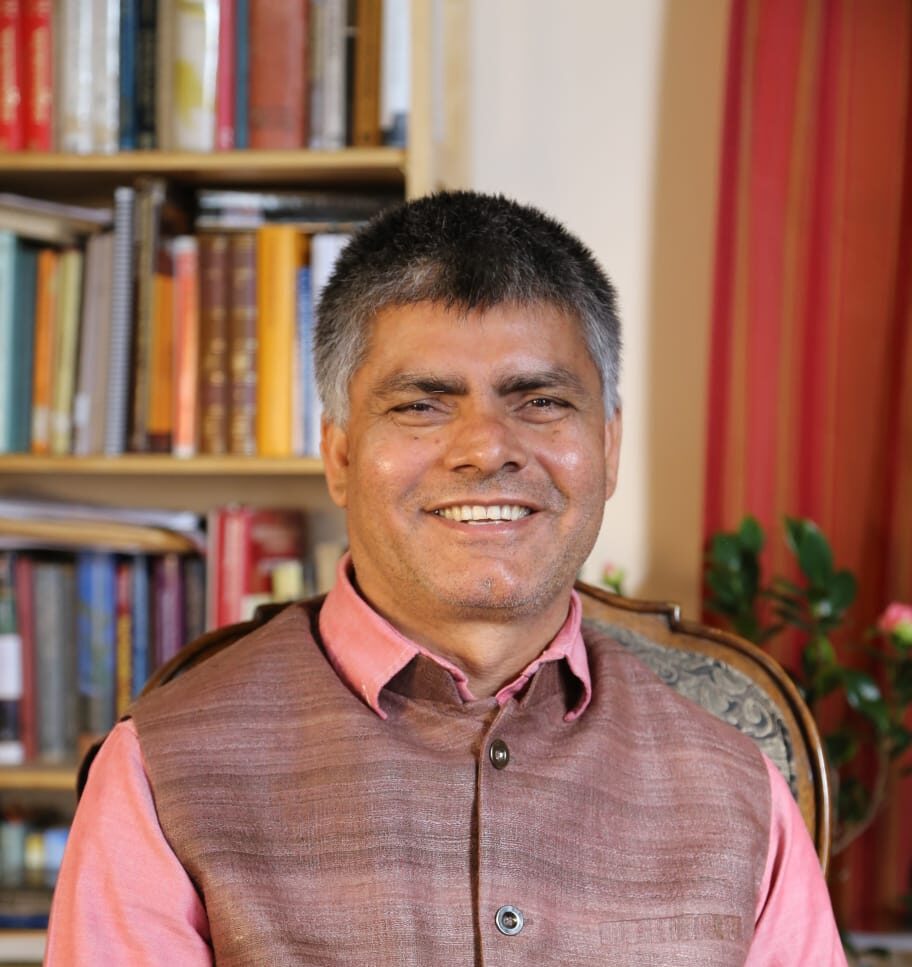
Prof. Sthaneshwar Timalsina
Scholar, Author
Categories:
Contact
Symposium on
Acharya Abhinavagupta:
Ancient Paradigm for Multi Disciplinary Humanities
Abhinavagupta, the 10th-century Indian philosopher, mystic, and aesthetician, was a key figure in the development of what is now known as Kashmir Shaivism, a school of thought that emphasizes the unity of consciousness and the world. His writings on philosophy, aesthetics, and music have had a profound influence on Indian culture.
His magnum opus is the Tantraloka, a comprehensive treatise on Kashmir Shaivism. He also wrote extensively on aesthetics and music. He believed that art and music are powerful tools for spiritual realization. In his writings on aesthetics, he developed a theory of rasa, or aesthetic experience and argued that rasa is a state of consciousness that is beyond pleasure and pain. It is a state of pure bliss that is experienced when the individual’s consciousness merges with the object of their aesthetic experience. A towering figure in Indian thought, his ideas continue to be studied and debated today.
INDICA is delighted to organise an online symposium to commemorate the birth anniversary of this great polymath. We are grateful to eminent scholars from around the world who have agreed to grace this occasion and share their scholarship with all of us.
This online event is open to all. We welcome participants from across the world to register and join us in this celebration.
:::SCHEDULE:::
| S.No | Name | Topic of Presentation | Time Slot (IST) |
| 1 | Dimple Kaul Servant Leader, INDICA Courses |
Overview of the Symposium | 11:20 |
| 2 | Dr. Nagaraj Paturi, Senior Director & Chief Curator, INDICA |
Welcome Address The Idea of “Abhinavagupta: Ancient Indian Paradigm for Multidisciplinary Humanities |
11:30 |
| 3 | Prof. Navjivan Rastogi Scholar, Author |
Situating Abhinavagupta in Mainstream Indian Philosophy | 12:00 |
| 4 | Professor (Dr.) Ramakant Angiras former Professor of Kalidas Chair & Head, Department of Sanskrit, Punjab University, Chandigarh |
आचार्य अभिनव गुप्त के सम्पूर्णता- प्रत्यय की प्रासंगिकता Relevance of Acharya Abhinav Gupta’s Philosophy of Sampurnata Pratyaya |
12:45 |
| 5 | Prof. Sthaneshwar Timalsina Scholar, Author |
Introduction to the Philosophy of Abhinavagupta | 13:30 |
| 6 | Prof. Penna Madhusudan D. Litt. (Hon), Vice Chancellor, Professor and Dean, Dept of Indian Philosophy, Kavikulaguru Kalidas Sanskrit University, Ramtek, Maharashtra. |
Yoga as Understood by Abhinvagupta | 14:15 |
| 7 | Shri Swastik Bannerjee University Research Fellow, Department Of Philosophy University of Calcutta |
Nature of Self as Consciousness in Trika, with Reference to Abhinavagupta | 15:00 |
| 8 | Shri George Barselaar Scholar, Author |
Swami Lakshmanjoo’s Contribution to Abhinavagupta’s Teachings on Trika Darshana | 15:45 |
| 9 | Dr. Chaman Lal Raina Fellow, Center of Spirituality, Florida International University |
Abhinavgupta with a Vision of Aesthetics | 16:30 |
| 10 | Shri Giriratna Mishra Scholar, Author |
Shakta Core of Shaivacharya Mahamahesvara Abhinavagupta | 17:15 |
| 11 | Dr. Sunthar Visuvalingam Scholar, Author |
Abhinavagupta on Rasa-dhvani: Emotion as Meaning | 18:00 |
| 12 | Dr. Mark Dyczkowski Senior Shaiva Scholar |
Abhinavagupta’s Revival and Profound Exegesis of Trika “Saivism” | 18:45 |
| 13 | Dimple Kaul, Servant Leader, INDICA Courses |
Vote of Thanks | 19:30 |